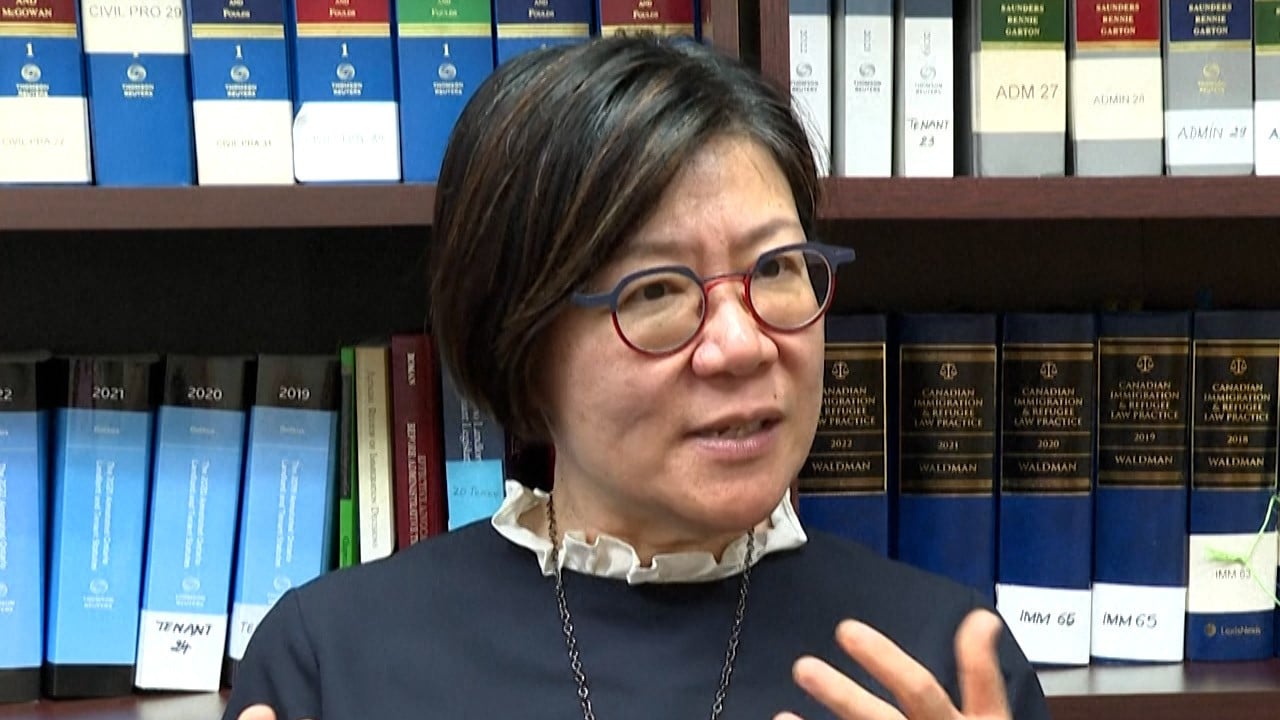A battle over a foreign agent registry highlights split in Chinese-Canadian community
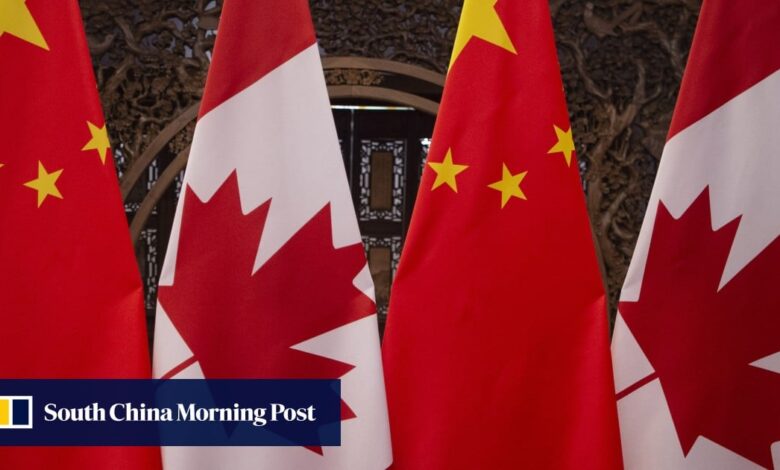
[ad_1]
In 2022, sources from Canada’s national security establishment began leaking information – including reports from the Canadian Security Intelligence Service (CSIS), the national spy agency – about Chinese efforts to influence election outcomes and to intimidate critics of Beijing to Canadian media.
In about-face, Canada launches inquiry into alleged election meddling by China
In about-face, Canada launches inquiry into alleged election meddling by China
Due to another leak in March, Han Dong, then an MP for the governing Liberal Party, was accused of telling a Chinese consulate official to delay Beijing’s release of Michael Spavor and Michael Kovrig, two Canadians arrested after Canada detained Huawei Technologies executive Meng Wanzhou on a US warrant in 2018. (Meng and the two men were released in September 2021.)
Even before the leaks, foreign interference had been a simmering issue in Canadian politics, as China-Canada relations have struggled to recover since the “two Michaels” episode.
In 2021, Conservative MP Kenny Chiu introduced a bill to create a “foreign influence registry” that would require individuals acting on behalf of “foreign principals” – exempting diplomats – to notify Ottawa if they set up meetings with public officials or communicate with them about legislative proposals or government programmes.
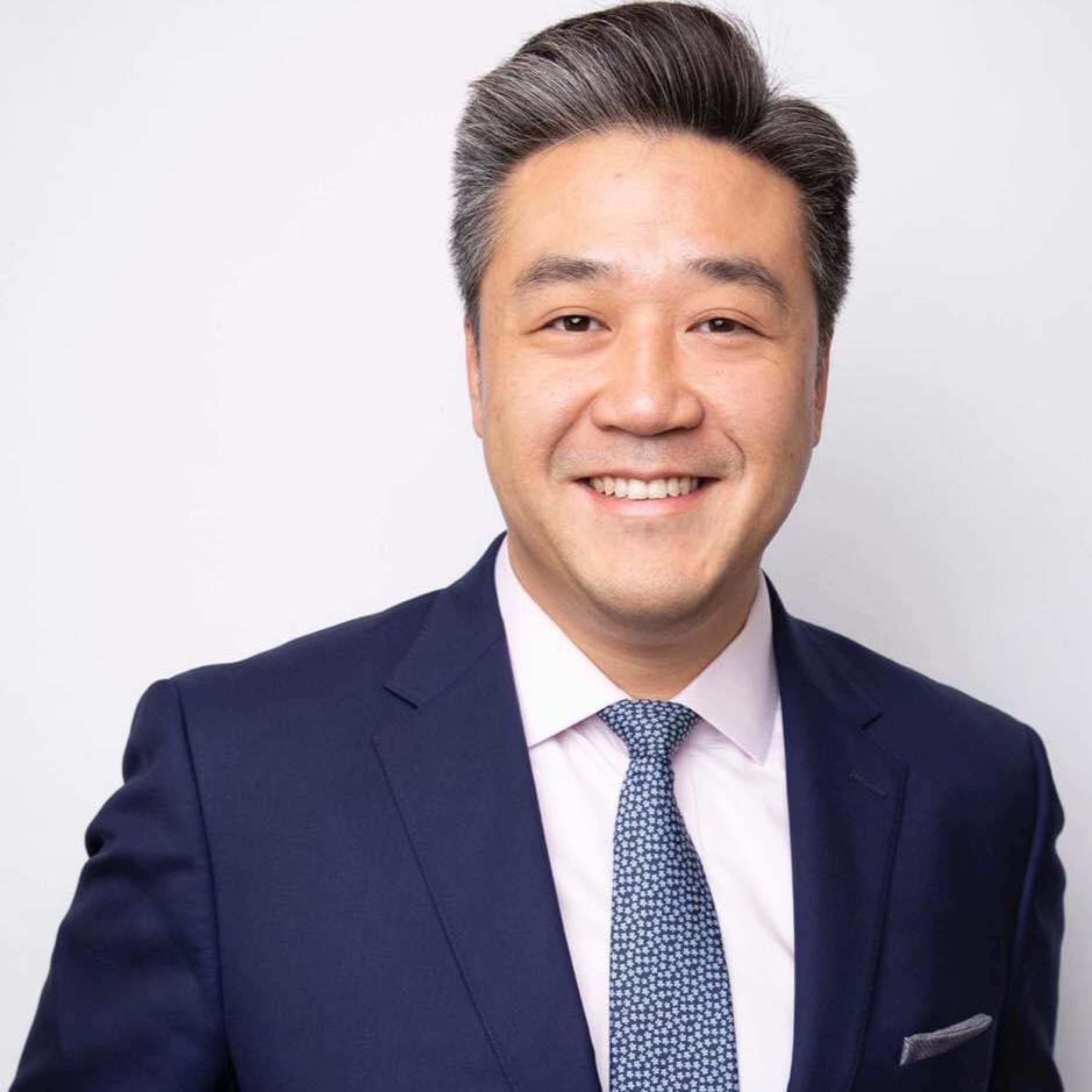
The same year, Chiu lost his bid for re-election and contended that his defeat was due to disinformation spread by Beijing-backed actors regarding his bill. At the time, social media users criticised his bill as a racially discriminatory measure that would “suppress” the Chinese community in Canada.
Chiu’s bill died, but Conservative Senator Leo Housakos introduced a similar bill last year. In March, then-Minister of Public Safety Marco Mendicino initiated a public consultation into the creation of the registry, setting the stage for government legislation that is more likely to pass.
On June 24, registry opponents rallied in Ottawa, supported by Conservative senator Victor Oh and independent senator Yuen Pau Woo. The protest followed a ceremony, hosted a day earlier by the same senators, marking the 100th anniversary of Canada’s 1923 Chinese Immigration Act, also known as the Chinese Exclusion Act. Woo had previously warned that the registry could become a “modern form of Chinese exclusion” while earlier that month Oh urged the creation of a fund to sue “unreasonable reporters” who tried to smear Chinese people.
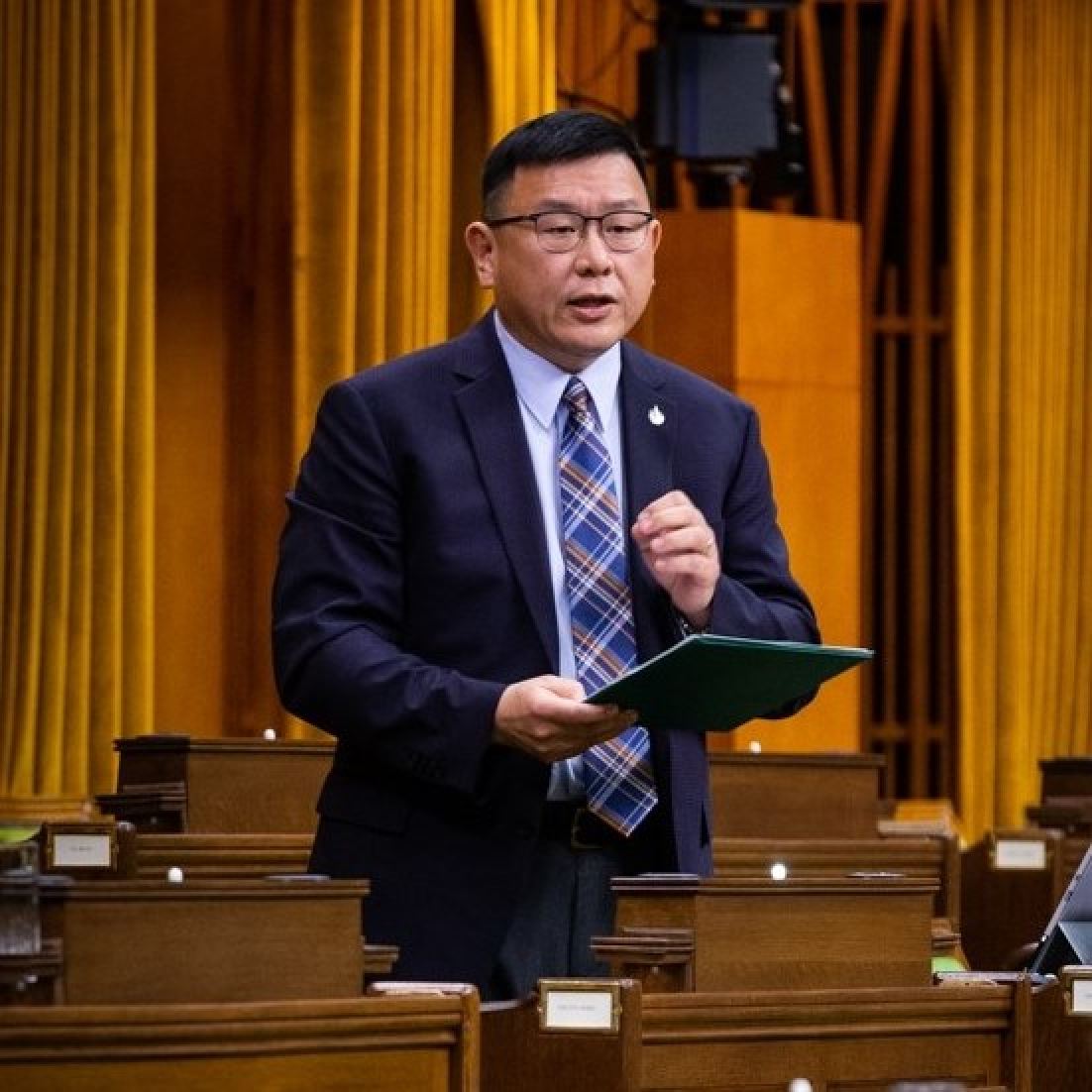
In an interview, Woo said that his primary concern was how the registry might lead some to assume that a person holding views similar to those of the Chinese government was being controlled or directed by Beijing. Such misunderstanding, he said, would undermine healthy debate and discourage political participation by Chinese-Canadians.
“I may have views that some people don’t like that may be very vaguely aligned with some foreign perspective. But that doesn’t make me an agent,” he said. Woo noted that he was already being branded as a Chinese agent because of his views on the registry.
Canada already has lobbying disclosure laws and anti-harassment laws that at least partly address concerns of intimidation or covert interference by Beijing, and Woo suggested that those could be further strengthened instead.
They called it ‘Humiliation Day’: the Canadian law that split Chinese families
They called it ‘Humiliation Day’: the Canadian law that split Chinese families
But if a registry is unavoidable, Woo said, he would prefer it be strictly tailored to cases where “material arrangements” – like financial benefits – were present, rather than rely on “nebulous” indications of influence like arranging to meet with a foreign official.
The parameters of the registry – including the countries and activities targeted – are being worked out by the government and remain unclear.
Its supporters – the most avid of which include Chinese-Canadians active in pro-democracy groups – say that its primary objective is not to ban political activities, but to improve their transparency. They often point to similar registries in the United States and Australia, which cover activities beyond lobbying officials, such as public relations, and require registration for unpaid activities.
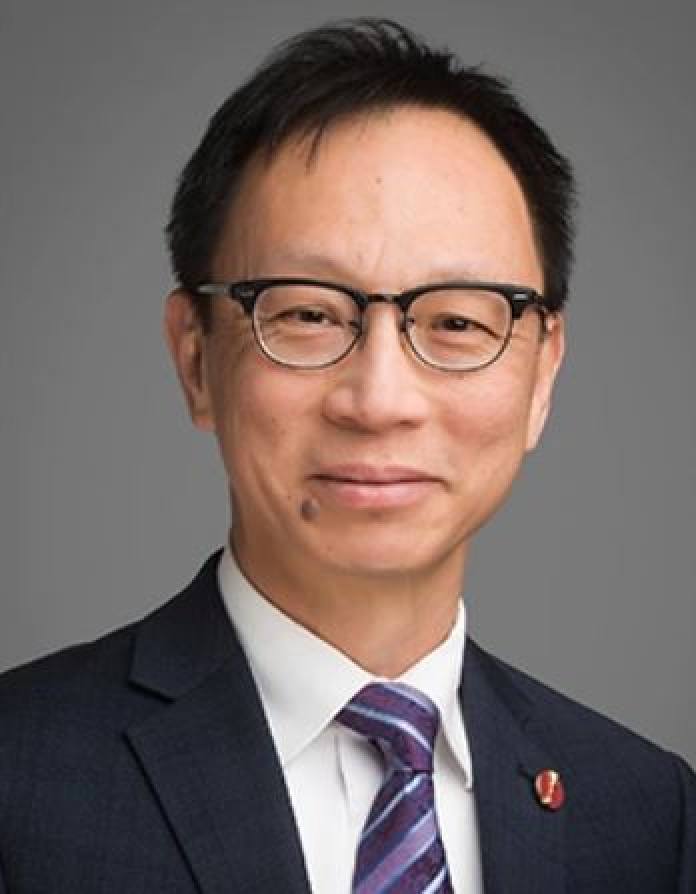
Chong, the Conservative MP who also serves as his party’s lead critic on foreign policy, told the South China Morning Post that a registry dedicated to authoritarian states, separate from lobbying disclosures, was necessary “because authoritarian states have tactics available to them that are not available to private corporations”.
“The bigger purpose of the registry is to ensure that people who are corruptly and coercively and clandestinely acting on behalf of Beijing are held accountable here in Canada,” he said.
Cheuk Kwan, co-chair of the Toronto Association for Democracy in China, said he was disappointed in the “false equivalency” that some have drawn between the Chinese Exclusion Act and the registry. He stressed that the intended registry applies to people of all racial backgrounds.
China snubs Canada as it lifts travel bans, blames foreign interference claims
China snubs Canada as it lifts travel bans, blames foreign interference claims
But Ivan Pak, co-founder of the Stop Anti-Asian Hate Crimes Advocacy Group, said he opposes the registry – not because he thinks it would be racist but because, he said, it could fuel confusion and add to a deeply politicised environment where accusations of foreign interference are often made without supporting evidence.
Pak added that Chinese immigrants have become reluctant to participate in politics due to pressure from both sides: “They are afraid that they’ll be targeted by the Canadian government and then they’re also targeted by China”.
If the registry is created, he said, it should apply equally to all foreign influence, including from the United States, rather than focusing primarily on influence from China.
Pak, who ran as a federal candidate for the right-wing People’s Party of Canada in British Columbia, also urged clear definitions of what activities required registration, noting that “foreign influence sometimes can be good, sometimes it can be bad”.
Derek H., a Chinese resident of Vaughan, Ontario, who asked not to be fully identified, said that he didn’t believe that the Canadian government would intentionally target Chinese people, but that he remained concerned that the registry could affect benign activities conducted by Chinese hometown organisations.
“As an active member of a provincial hometown association, we often invite Canadian parliamentarians to gatherings with visiting government officials from China,” he said. “But there’s no advocacy, no specific asks involved.”
Many Chinese-Canadians, he added, have mixed feelings towards China: “It’s very natural for some Chinese immigrants to vote for candidates who aren’t strongly anti-China, not because they are pressured by anyone but because they want China to do well – even if they don’t like the Chinese government.”
It’s precisely this natural affinity that Beijing seeks to exploit, which complicates simple solutions, experts said.
Charles Burton, a fellow at the Ottawa-based Macdonald-Laurier Institute, noted that Chinese diplomatic missions and the United Front Work Department, the Chinese Communist Party organ tasked with strengthening adherence to the party within and outside China, worked to target and shape perceptions of the Chinese diaspora.
Despite resolution of Meng, ‘two Michaels’ crises, Canada-China chill lingers
Despite resolution of Meng, ‘two Michaels’ crises, Canada-China chill lingers
The foreign registry is only one of several responses that Ottawa is considering to counter reported Chinese interference.
In March, Canada launched an investigation into Chinese electoral interference, which concluded that various allegations, including the accusation against Dong, were unsupported or false.
But David Johnston, a former governor general of Canada who was the special rapporteur for the investigation, resigned shortly after releasing his first report, citing a politically charged atmosphere surrounding his work.
Meanwhile, some Chinese diaspora groups and opposition party leaders – accusing Johnston of bias towards the Liberal Party – have called for a public inquiry into foreign election interference, which the government announced Thursday.
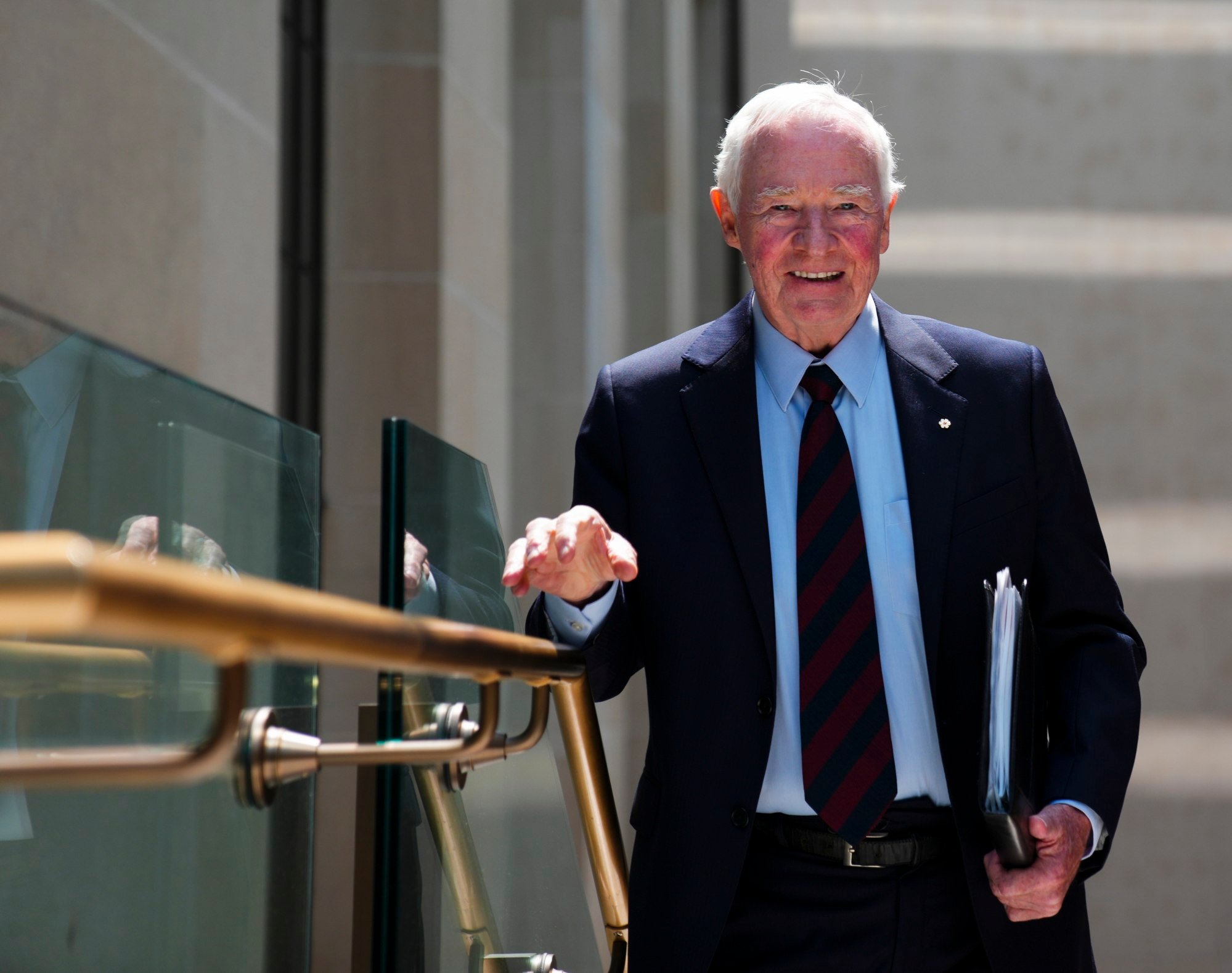
A March survey of 500 Chinese-Canadian adults by the polling company Leger found that those concerned diaspora groups are not outliers: 36 per cent of Chinese-Canadians believe there is truth to allegations that China has tried to influence Canadian elections, and 51 per cent are concerned about pressure from Beijing on the political life of the Chinese community.
The same survey found that 52 per cent of Chinese-Canadians agree with Trudeau’s declaration that it was a form of “anti-Asian racism” to suggest that Canadian politicians of Chinese descent might be influenced by Beijing.
Woo said that he’s less concerned with racism that judged Chinese people “purely because of the way they look” and was more concerned about a “new racism” that essentially forced Chinese-Canadians to choose between being regarded as a “good Chinese-Canadian or a bad Chinese-Canadian”.
“A good Chinese-Canadian is one who basically denounces China and cuts off all ties with China – because maintaining ties makes you a potential security risk.”
[ad_2]
Source link


